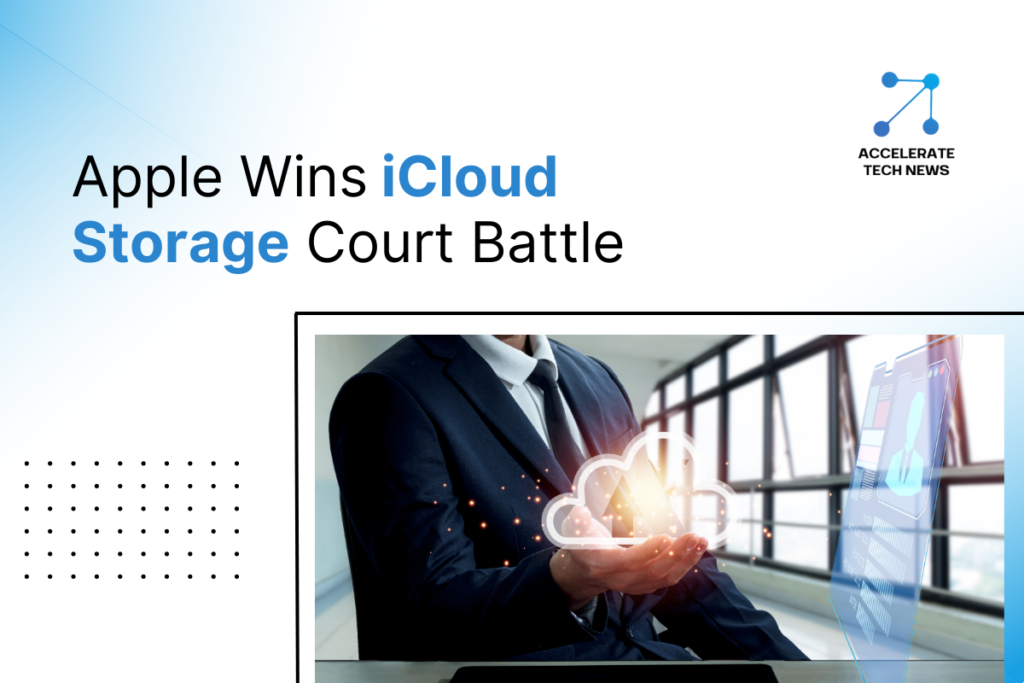
Apple has won a key legal victory as a U.S. Court of Appeals ruling sides with the tech giant in its ongoing battle over iCloud storage. The Ninth Circuit court dismissed a class action lawsuit that accused Apple of misleading users about its iCloud storage management practices.
Plaintiffs’ Claims Rejected
The lawsuit, led by William Rutter, argued that Apple’s freemium iCloud model, offering a limited free storage tier, was designed to pressure users into purchasing additional storage by misleading them about how to manage their data. The plaintiffs claimed that Apple falsely represented that users could easily manage their iCloud storage to stay within the free 5GB limit.
However, the court found significant flaws in the plaintiffs’ arguments. It noted that only 20% of iCloud users pay for additional storage, undermining claims that users are forced into paid tiers. Moreover, some plaintiffs had successfully kept their storage under the 5GB limit, further weakening the case.
Legal Standards and User Choice
The court’s ruling focused on three legal claims under California law: violations of the Consumer Legal Remedies Act (CLRA), Unfair Competition Law (UCL), and breach of contract. Apple was cleared of any misrepresentation, as the court found no evidence that the company failed to disclose iCloud’s terms and conditions clearly to users.
The ruling reinforces Apple’s freemium model, emphasizing that as long as terms are disclosed transparently, companies can offer free services with the option for users to upgrade. Importantly, the court pointed out that users always have the choice to disable iCloud altogether, reinforcing the voluntary nature of cloud storage services.
What Does This Mean for You?
For Apple users, this ruling confirms that the iCloud model, while offering limited free storage, does not impose hidden fees or false promises. However, users are advised to understand their storage limitations and review the terms when using free services.
While Apple has won this case, other lawsuits regarding iCloud backup issues and other aspects of cloud services are still ongoing, illustrating the evolving legal landscape for tech companies.
Ongoing Challenges for Apple
Despite this win, Apple remains in legal battles over other practices, including App Store policies, device repairability, and privacy concerns. These lawsuits reflect the growing scrutiny tech giants face as users demand more transparency and control over their digital data.
Want to stay updated on Apple’s ongoing legal battles and the latest tech news? Follow AccelerateTechNews for more!
Let us know your thoughts on Apple’s victory and the future of cloud storage in the comments below!